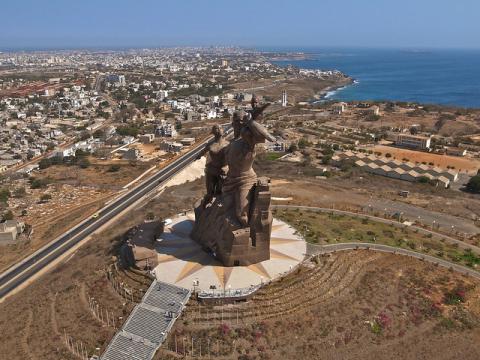
The African Development Bank (AfDB) engages with countries through dialogue and define a strategy presented in a Country Strategy Paper (CSP). In Senegal, while engagement between both parties dates back to 1974, the past two decades have seen a scale up of AfDB interventions in the country.
From 2004 to 2013, AfDB supported 67 projects in priority sectors such as rural development, education, health, public service reform, private sector development, infrastructural development and improvement of the business environment.
What results has the Bank achieved in Senegal? How is the Bank adding value? What can we learn?
The Independent Development Evaluation (IDEV) of the AfDB is carrying out a Country Strategy and Program Evaluation (CSPE) to answer these questions based on the experience from Bank’s interventions from 2004 to 2013.
Specifically, the evaluation has four key objectives: (a) assess the relevance, effectiveness, and sustainability of the Bank’s contribution towards achieving objectives earmarked in the 2004-2013 country strategy paper, (b) analyze the efficiency and/or impact of the Bank’s assistance to Senegal during this period, (c) draw lessons related to the implementation of the Bank's operations in Senegal, and (d) formulate recommendations to improve future strategies.
Expected to be delivered in late 2015, results from this evaluation will guide policy dialogue between the government of Senegal and AfDB towards elaborating the country’s 2016-2020 strategy. From an AfDB corporate level perspective, the evaluation will provide stakeholders with evidence and recommendations to improve various aspects related to the design and implementation of its 2013-2022 strategy.
Key stakeholders of this evaluation include the government of Senegal, civil society, AfDB senior management, AfDB country teams and other interest groups targeted by Bank’s operations in the Senegal.
- Approach Paper
- Evaluation Team:
- Task Manager: Debazou Yantio (Evaluation Expert), Email: D.Yantio@afdb.org, Tel: +225 2026 1928
- Team Member: Diomande Mabarakissa (Evaluation Officer), Email: ma.diomande@afdb.org, Tel: +225 20 26 3531

